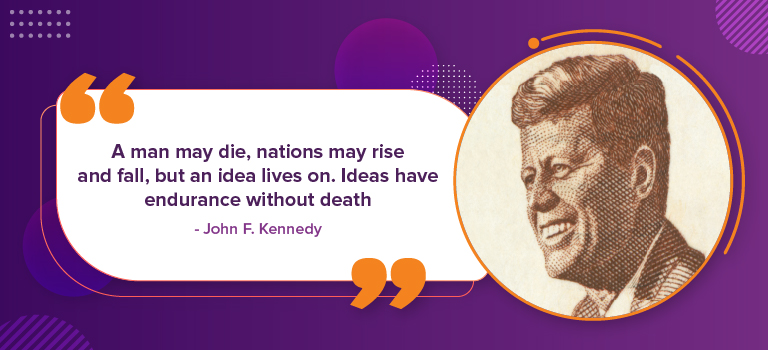
TABLE OF CONTENTS
1. India Australia Economic Cooperation and Trade Agreement (Ind-Aus ECTA) 2. Parshuram Kund Festival 3. National Centre for Good Governance (NCGG)

1. India Australia Economic Cooperation and Trade Agreement (Ind-Aus ECTA)
Syllabus – GS2, Bilateral agreements involving India and/or affecting India’s interests.
Prelims – Ind Aus ECTA.
Context – The Ind-Aus ECTA was signed on April 2, 2022 and entered into force on December 29, 2022.
Details –
- This agreement brings together two major economies of the world- 5th largest economy India and Australia- the 14th largest economy. It is a win-win agreement for both the countries as the trade between two countries is largely complementary.
- The IndAus ECTA cover the following areas –
- Trade in Goods
- Rules of Origin
- Trade in Services
- Customs Procedures and Trade Facilitation
- Technical Barriers to Trade (TBT) and Sanitary and Phytosanitary (SPS) measures
- Legal & Institutional Issues
- Trade Remedies
- Movement of Natural Persons.
- Indian goods on all tariff lines to get access to Australian market with zero customs duty
- India is offering zero duty access to 90% value of products from Australia (including coal).
- The agreement is expected to create 10 lakh jobs in India and $10 bn additional exports from India to Australia in next five years. The total bilateral trade is expected to cross US $ 45-50 billion by 2035. It is expected that there will be enhanced job opportunities for Indians in Australia and increased remittance and investment flows to India from Australia.
Also read – Finance Commission of India .
Syllabus – GS1, Indian Culture – Festivals.
Prelims – Parshuram Kund Festival.
Context – Parshuram Kund Festival to be held in Arunachal pradesh from 12th-16th January.
Details –
- Parshuram Kind is a Hindu pilgrimage site located in the lower reaches of the Lohit river in Lohit district of Arunachal pradesh.
- Dedicated to sage Parshuram, the site attracts thousands of pilgrims from across India, especially on the Makar Sankranti day for a holy dip in the sacred Kund which is believed to wash away one’s sins.
3. National Centre for Good Governance (NCGG)
Syllabus – GS2, Governance
Prelims – NCGG.
Context -Government is working in Mission Mode to achieve 100% saturation of all Central Schemes having a huge socio-economic bearing on common man
Details –
- Director General. NCGG Shri Bharat Lal delivered the keynote address on ‘Public Policy, Governance & Innovation’ at Indian School of Business (ISB), Hyderabad and said that universalisation of services like drinking water, cooking gas, electricity, internet connection at village and panchayat level is an example of Good and Enabling governance.
- The 15th Finance Commission (FC) has recommended Rs. 1.42 Lakh Crore as a tied grant to Panchayats for supply of drinking water, rainwater harvesting and water recycling; and sanitation & maintenance of open-defecation free (ODF) status during 2021-22 to 2025-26. This will ensure more funds to Gram Panchayats to make their water supply and sanitation-related plans implemented and Gram Panchayats can function as local ‘public utilities’ with a focus on ‘service delivery. This is a big step towards strengthening the local self-government in line with the 73rd Amendment to the Constitution of India.
- The government aims to establish 740 Eklavya Model Residential Schools to benefit over 3.5 lakh Scheduled Tribe, ST students. Every block with more than 50% tribal population and at least 20,000ST persons will have these schools.
- In 2014, only 14% women were in the work force and in the last 7-8 years, it has increased to 33%.in order to make India a Developed Nation in the next 25 years with per capita income of around 12,000 dollars, the role of women in workforce is going to play a crucial role and the government is working on that strategy.
About NCGG_
- The National Centre for Good Governance (NCGG) is an autonomous institute under the aegis of Department of Administrative Reforms and Public Grievances, GoI. It is headquartered at Delhi.
- It has been set up to assist in bringing about governance reforms through studies, training, knowledge sharing and promotion of good ideas.
- The NCGG traces its origin to the NIAG (National Institute of Administrative Research). NIAR was rechristened with an updated mandate, as National Centre for Good Governance in 2014.
Read the previous PIB articles here.
January 8th, 2023, PIB:- Download PDF Here

Comments